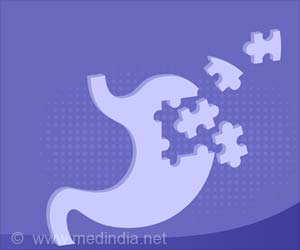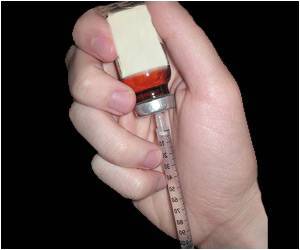In people with chronic migraine, infusions of the local anesthetic lidocaine may deliver pain relief, reports a study.

‘Intravenous infusions of a local anesthetic such as lidocaine has been suggested as a possible treatment option for people who have a poor quality of life because of chronic migraine which is refractory to treatment.’





In this retrospective study, the authors analyzed the hospital records of 609 patients who were admitted with refractory chronic migraine and treated with infusions of lidocaine to assess the short- and medium-term benefits of this approach. Patients included in the analysis had experienced at least 8 debilitating headache days per month for at least 6 months and failed to respond to or had contradictions to the seven classes of medicine for migraine.
Local Anesthetic Lidocaine May Help Chronic Migraine Sufferers
Patients received lidocaine infusions over several days along with other aggressive drug treatments for migraine, such as ketorolac, magnesium, dihydroergotamine, methylprednisolone, and neuroleptics.Most patients (87.8%) experienced rapid pain relief. At the time of admission, the median rating given by patients was 7.0 and this decreased to 1.0 by the time of hospital discharge.
Patients attending follow-up appointments around one month after discharge also reported that the number of headache days that they experienced had fallen. The 266 patients who attended these appointments, which took place between 25 and 65 days after discharge, said that the number of headache days in the last month had fallen from a mean of 26.8 to 22.5.
Some patients experienced nausea and vomiting during the treatment, but all adverse events experienced were mild.
Advertisement
The authors conclude, “Continuous lidocaine infusions were associated with improvement in acute pain in most patients and a decrease in both average pain and the number of headache days per month that extended out to 1 month. Most patients were acute responders, 43% of whom maintained improvement at 1 month and were sustained responders.”
Source-Eurekalert















